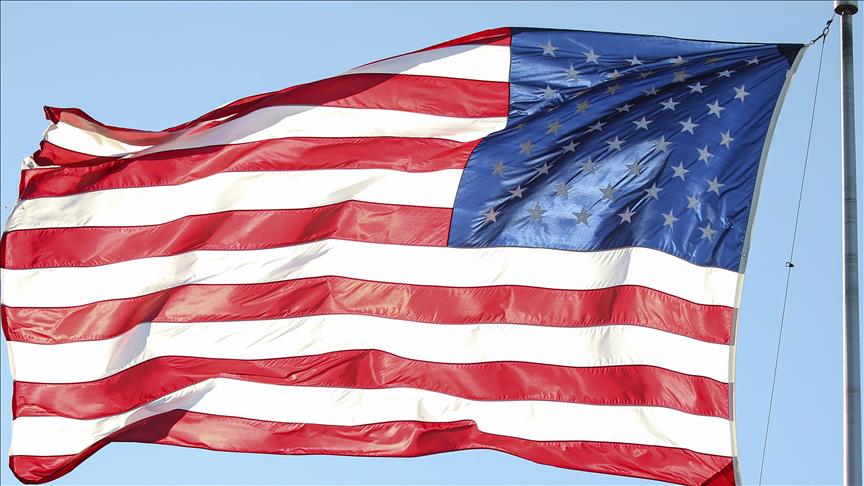The US government will provide up to $25 million through the Clean Energy to Communities (C2C) partnerships program to help six community teams develop tailored decarbonization strategies and clean energy solutions, the US Department of Energy (DOE) announced on Thursday.
As part of the aid, local governments, electric utilities, and community-based organizations will collaborate with national laboratory experts to use up to $17 million in technical assistance and $8 million in award funding to develop clean energy systems that are reliable, affordable, equitable and reflective of local priorities.
The announcement supports the Biden-Harris Administration’s efforts to ensure every community benefits from the transition to a clean energy future while reaching President Biden’s ambitious climate targets by helping communities develop customized clean energy solutions.
‘The Biden-Harris Administration is committed to ensuring the benefits of our clean energy future reach every American, whether they are in urban centers or America’s rural heartland,’ US Secretary of Energy Jennifer M. Granholm was quoted as saying in the statement.
‘By connecting communities with innovative tools and know-how from our world-renowned national laboratories, DOE (the US Department of Energy) is laying the foundation for the partnerships needed to help transform local clean energy goals and ambitions into reality,’ Granholm added.
Funded by the DOE and managed by the National Renewable Energy Laboratory, the C2C program offers in-depth technical partnerships that provide collaborations with national lab experts to aid communities in making informed decisions about their energy needs and address key challenges across renewable energy by lowering risks to clean energy deployment.
The selected community teams involved in the C2C program include Chicago, Colorado Springs, Delaware Valley, Molokai, Pittsburgh and Sitka.
However, over 50 communities in 25 states and Puerto Rico have been supported through C2C’s expert match program, which provides between 40 and 60 hours of tailored technical assistance to help communities and local leaders address short-term energy challenges.

